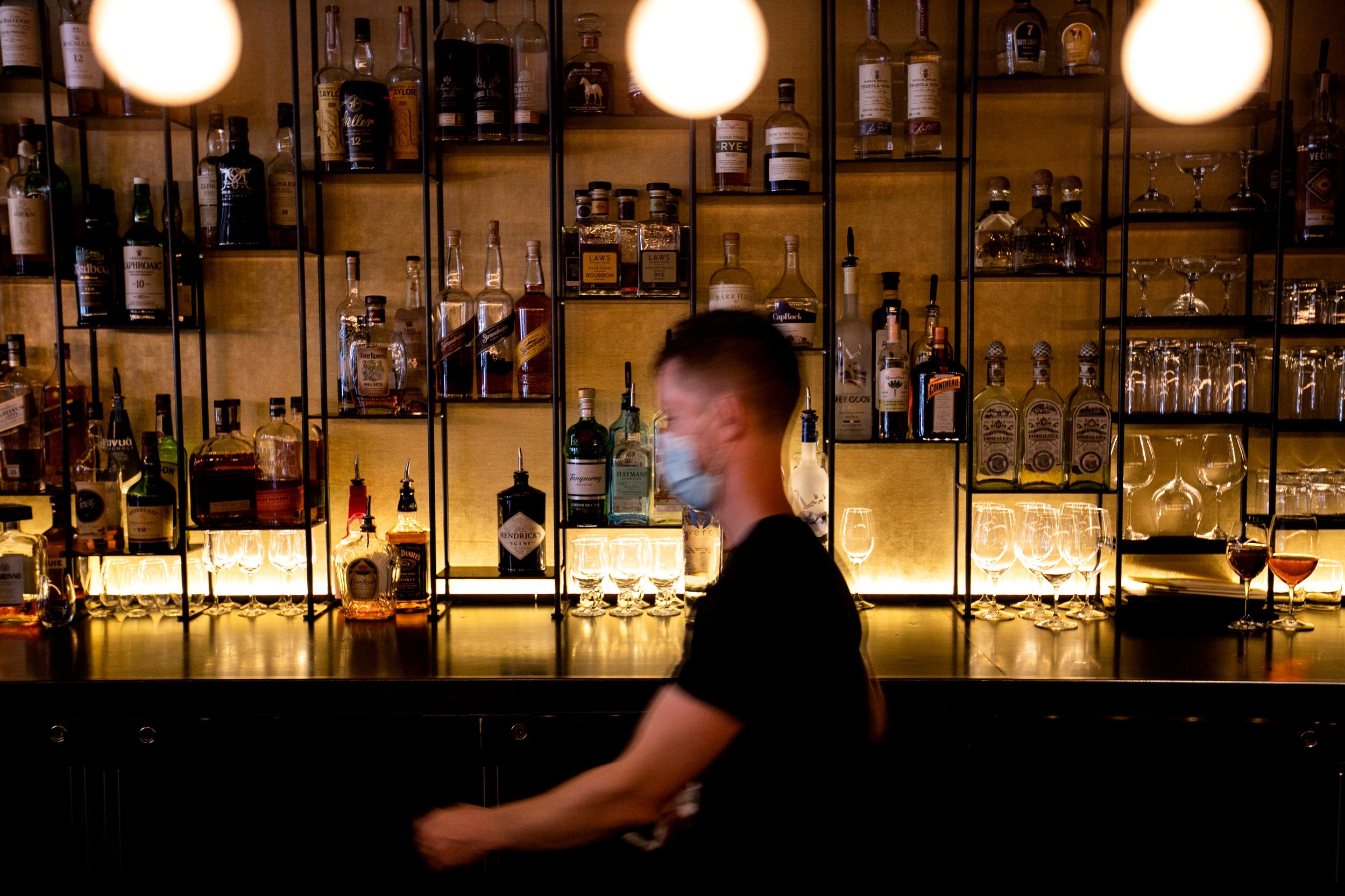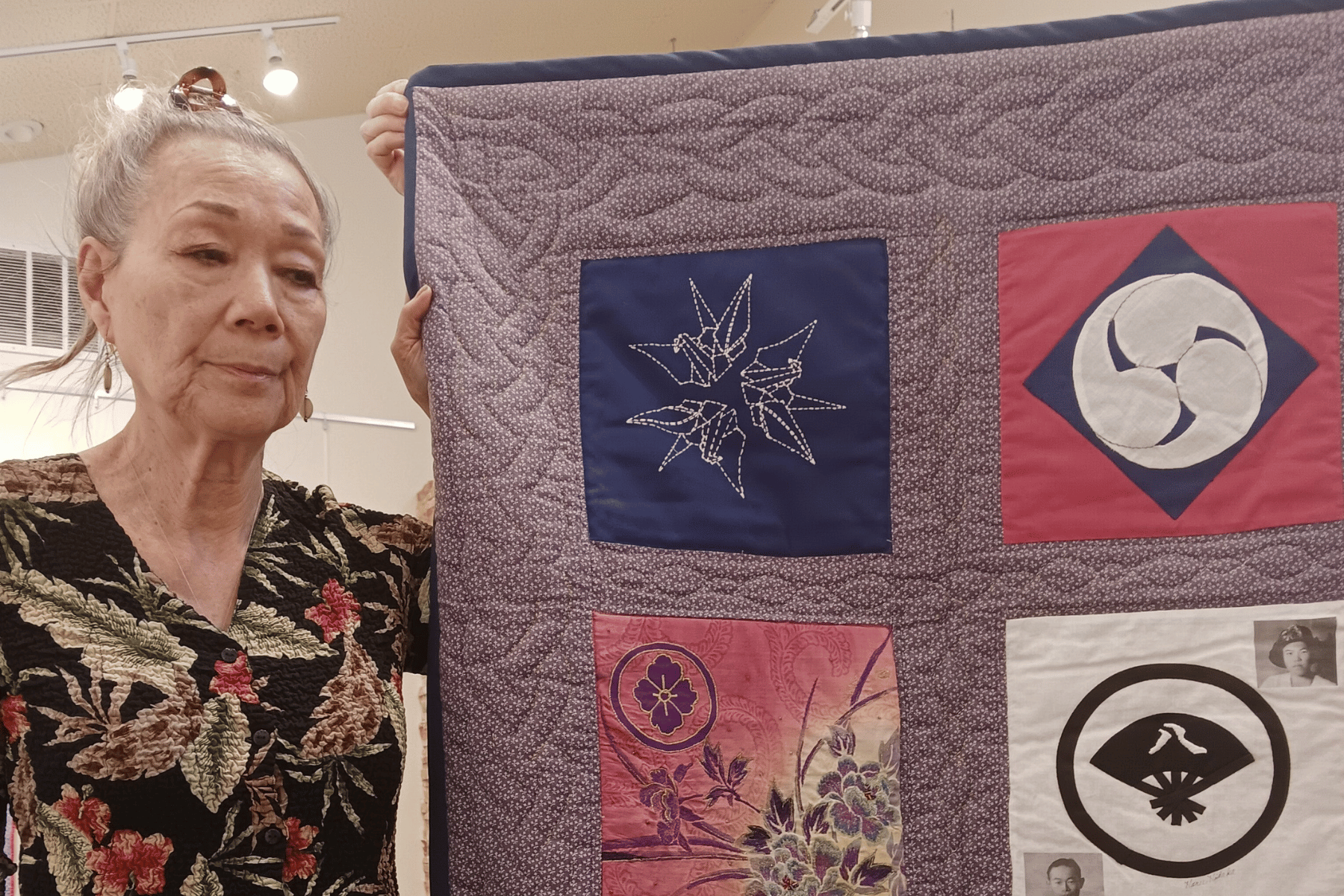
Updated 4:48 p.m.
A Denver district court judge has ruled that Colorado's executive orders limiting capacity in bars and requiring a 10 p.m. last call will stand, rejecting requests for injunctions filed by a group representing bars and restaurants.
“I do see that my decision is going to harm some businesses, and I’m sad about that," Judge Brian Whitney said Thursday while delivering the decision.
The Colorado Tavern League, which represents over 200 bars and restaurants across the state, sued the state earlier this month over an order that required bars to stop selling alcohol at 10 p.m. They also sought to overturn limits on capacity.
The group plans to appeal the decision, said Chris Fuselier, a Tavern League member and owner of the Blake Street Tavern.
“We’re going to take a few days over the weekend to think about how we are going to appeal,” Fuselier said in an interview at the courthouse. “It’s really a blow.”
Bars and restaurants have been hard hit by the pandemic-related closures and drop in customers. The Colorado Restaurant Association, the primary trade group for the state’s dining establishment, found that more than half of restaurants surveyed in June said they may have to close permanently over the next three months.
Gov. Jared Polis tightened restrictions on gatherings as cases and hospitalizations climb in Colorado, urging young people to stay home and avoid parties. He pointed to contact tracing and federal data, as well as outbreaks in other states linked to bars and restaurants, as the rationale for ordering bars that don’t serve food closed and setting an earlier last call.
When asked about the lawsuit, Polis said the limits imposed on bars are necessary to curb the spread of the pandemic. If the number of cases declines, last call could be moved to midnight, he said last week.
Judge Whitney acknowledged that the pandemic has disproportionately harmed the hospitality and entertainment industries, but said that the state is acting rationally to protect public safety by imposing strict limits on how bars and restaurants operate amidst a pandemic. While these actions have had ‘draconian outcomes’ for certain businesses, the state’s choices are justified based on the data currently available, he said.
Jordan Factor, an attorney for the Colorado Tavern League, argued that there is no evidence linking bars and restaurants to the spread of COVID-19, and noted that just 21 outbreaks of more than 400 recorded in Colorado have been linked to sit-down restaurants.
The state countered that a surge in cases in mid-July was driven primarily by people aged 20 to 29, and pointed to mobile tracking data that showed people in that age band frequenting bars and restaurants.
At the time, the state’s data indicated that Colorado would run out of ICU beds in September if the spread wasn’t contained, said Kacey Wulff, a senior advisor for the COVID-19 Response, Resilience, and Recovery.
Capacity limits make it easier to both trace the contacts of people who test positive for COVID-19 and to limit the size of future outbreaks, Wulff said during testimony at the hearing. The state ordered bars to stop serving alcohol at 10 p.m. because that’s when most people are finished eating and kitchens are closing, Wulff said.
“The environment will more resemble a bar than a restaurant after 10,” Wulff said.
Bars that don’t serve food are still closed. Many bar operators have gotten around the restriction by teaming with local restaurants and food trucks to operate as restaurants.









